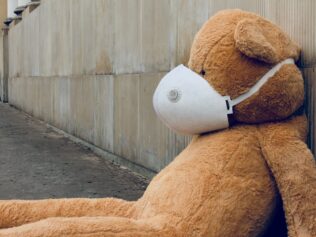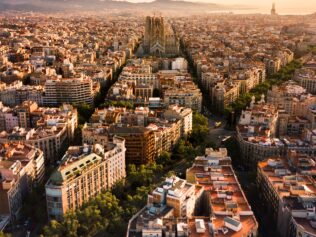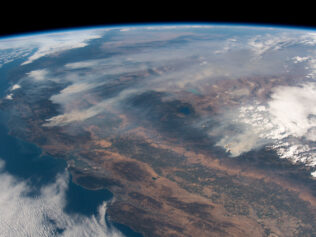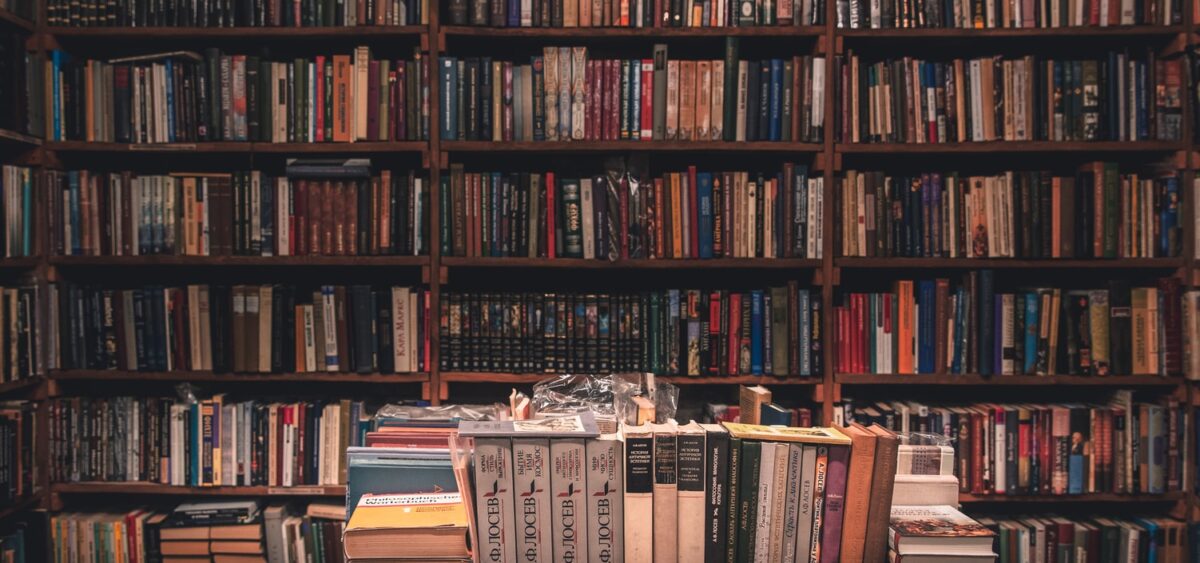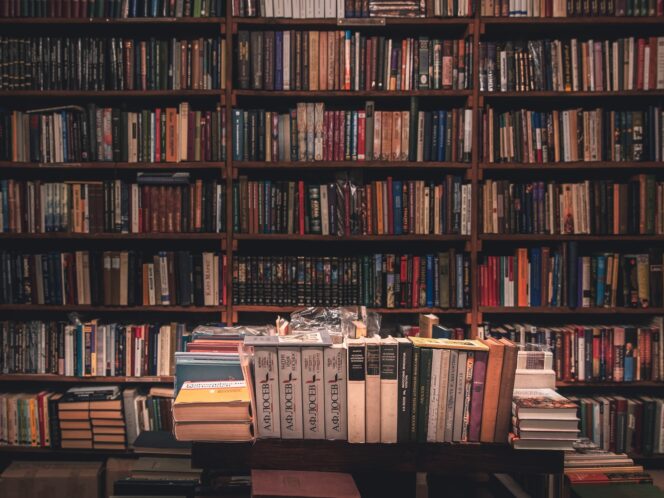
It was maybe three weeks ago, when life was still more or less normal, that for the first time, when greeting a friend, I asked: “Are we hugging or avoiding contact?”
This was still pretty much a joke; any threat seemed very distant, potential rather than real, wholly abstract, magnified and overblown by the media. A few days later, a friend greeted me with the words: “I would kiss you, but coronavirus…” We masked the awkwardness with a laugh, while maintaining a safe distance, “just in case”. Within literally a few days, these rituals have become the norm – a new form of courtesy, showing consideration for the possible uneasiness of others who may have different levels of anxiety or resistance than we do. “I understand that we will not shake hands”, is the newest version since the World Health Organization declared a global pandemic, i.e. where it is recognized that anyone in the world could be infected. The speed at which these courtesies have evolved reflects the consciousness with which we are reacting to the particular threat level; one in which each of us may pose a risk to another, smaller group of people for whom this illness could have tragic consequences. And of course, we are panicking a bit. But we are also genuinely concerned about a situation where a huge amount will depend upon whether we want to work together.
This fast-spreading virus has made us realize an uncomfortable truth. We are not isolated from others, nor from the environment and nothing and no-one can guarantee 100% security, although this is precisely what we, rather arrogantly, expect in our everyday lives. Our bodies – alive, intelligent and constantly adapting – are part of a world where all processes and phenomena are interconnected; biologically and socially, economically and ecologically, materially and spiritually. Even a perfectly functioning state, even the most effective human institutions, cannot eliminate the transience inescapably inscribed in the fate of our bodies. A pandemic confronts us with this truth in a particularly blunt fashion, making us understand too that we are not all equal in the face of this threat. The health and economic consequences of the pandemic are not fairly distributed. This is why we must all think about others; about the weaker, the older, those with lower immunity, those more frightened and also about those who from one day to the next have lost their livelihoods as a result of the containment measures. In addition, paradoxically, if we just think about the good of others, we can instantly improve our own safety: the more effectively we can slow the epidemic, the greater the chance that, if we need help – whether due to coronavirus or some other problem – we will be able to count on it.
Coronavirus, and the need for rapid mobilization caused by the pandemic, provide a valuable lesson. We should learn this lesson conscientiously and well, and draw the necessary conclusions. Because it turns out that we are good at making radical changes to our lifestyles, very quickly. Governments are not incapable of acting and people are moved to acts of good will. This should give us hope that, in the face of other, no less serious threats, we will wake up and begin to act accordingly and effectively. Activists from 350.org, fighting to rescue the climate, are appealing to our imagination: What would happen if we mobilized ourselves as energetically towards dealing with the climate catastrophe? What if governments began to act? What if citizens were to agree to the need for change on a mass scale, understanding, as with coronavirus, that they were acting first and foremost for the good of others – other people, other creatures – but also understanding that in securing their futures, they assure their own.
There are numerous analogies between the two situations. Both in the case of the pandemic and for the climate catastrophe, scientists are giving us clear and unequivocal guidance on specific forms of action. Both threats concern public health – people are already dying due to global warming as a result of the growing incidences of heatwaves and other extreme weather events. There is a serious risk of malaria spreading to areas where it has not occurred before. Hundreds of millions of people will be forced to become refugees. In both cases, it is the weakest and poorest who will feel the worst effects. In her article published in Fast Company, Adele Peters claims: “If the world was responding to climate change like it’s responding to the coronavirus – with the level of urgency that the science says is necessary – things would look dramatically different.” So, we have to hope that, in opening our minds to the need for change as the current crisis is forcing us to do, we will become open to that other problem that will not have gone away once the pandemic subsides. The lesson of coexistence, which this virus has taught us, is not and will not be easy – the more so, it is our duty not to waste it.
Translated by Annie Jaroszewicz






